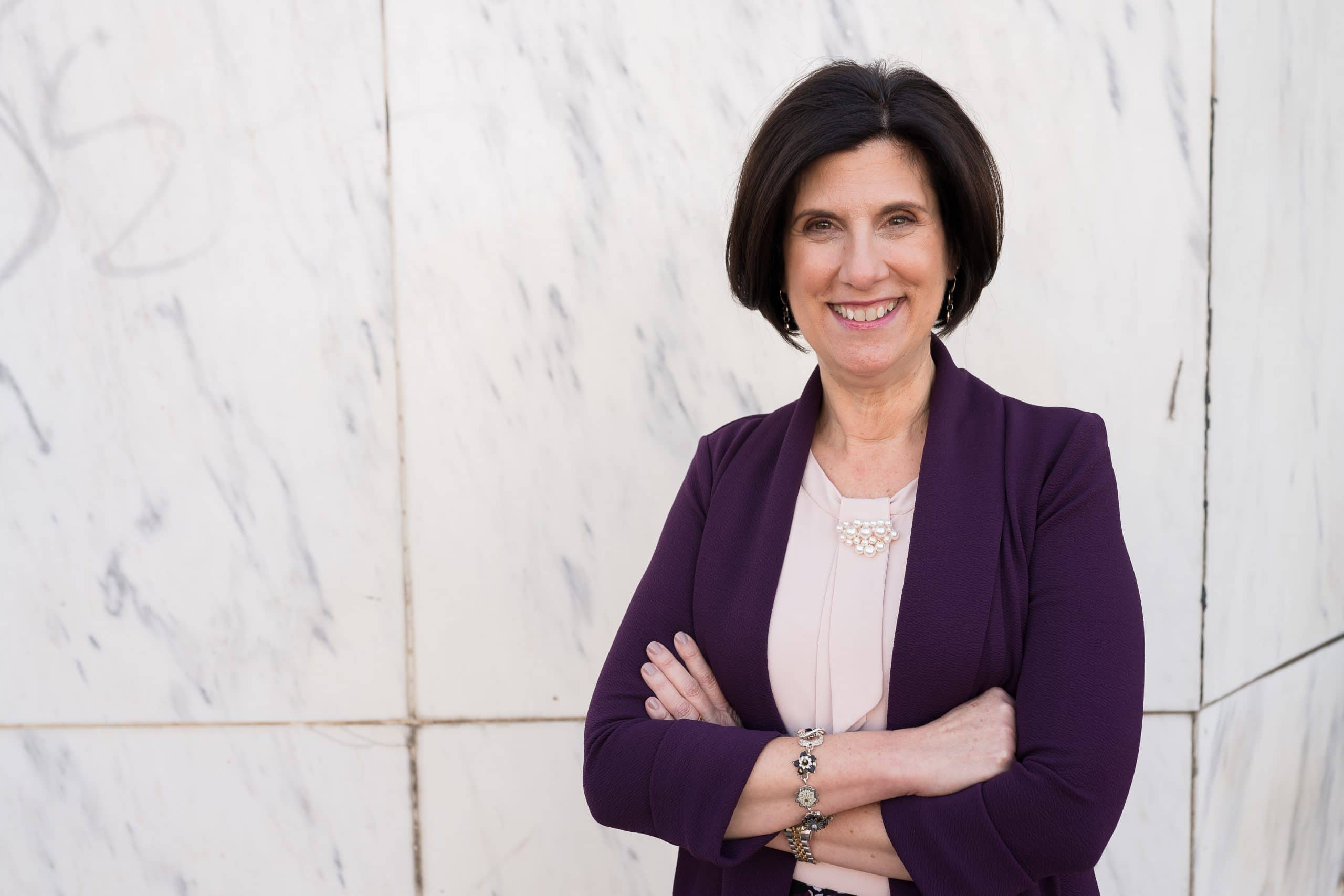Background and Leadership Philosophy
For nearly 25 years, I was completely immersed in the business of healthcare and how it is accessed, delivered and paid for in New York. The majority of my career was devoted to MVP Health Care, a $3.5 billion, mission-based healthcare company in upstate New York. In 1995 I signed on as a staff attorney and was promoted steadily – becoming General Counsel, Chief Administrative Officer and eventually President & CEO. I left MVP in 2019 after serving 7 years as its Chief Executive Officer.
The vast majority of healthcare organizations are complex, fragmented and not user friendly. Most are organized around sick care and a transactional financial model that does revolve around an independent whole person at its center.
In this complex, urgent and quickly shifting environment, my focus was to initiate and support changes to the system that enable it to tangibly improve all aspects of an individual’s health. In short, I was driven by the desire to leave the system better than I found it.

The leadership philosophy I brought to MVP was shaped at the beginning of my career as a lawyer practicing public sector labor law. From this experience I became acutely aware of how organizational environments impact people. Public sector labor law provided a first hand view into many different kinds of workplace environments and how incentives, both intended and not, can influence behavior. I came away with a fundamental respect for the importance of culture, community and with a bias toward transparency and problem solving.
From this set of philosophical filters I addressed a wide range of strategic, legal and operational issues at MVP. These included transformational change, mergers & acquisitions along with integrations and divestitures, and restructuring to improve operational capacity and capabilities. Examples include leadership through these inflection points:
Inflection point
MVP was founded as a provider of employer sponsored HMO coverage. The inflection point emerged with enrollment swings due to declining HMO coverage and consumer demand for choice.
Leadership response
Restructured internal operations, resulting in multi-million dollar savings and diversified the product portfolio to incorporate emerging products.
Inflection point
Government sponsored health plans account for growing share of insured population.
Leadership response
Completed an acquisition of a Medicaid Managed Care Plan and accelerated integration with core operations.
Inflection point
Create a corporate culture that is diverse and accountable.
Leadership response
Multi-year engagement effort with employees on all aspects of their experience with the Company. More than half of the executive team was female and a quarter of it came from outside the industry. The Company was consistently named one of the Best Large Companies to Work for in New York and recognized extensively for its commitment to the communities it serves.
Inflection point
An unpredictable political environment surrounding the adoption and subsequent fluctuation of the Affordable Care Act.
Leadership response
Invested in key capabilities to support direct and exchange based sales and service in addition to the existing employer-sponsored model. Successfully launched products on the exchange and achieved significant market share in upstate New York.
Inflection point
Traditional health insurance model is built on older claims payment infrastructure, group sales and a passive customer.
Leadership response
Hired and redeployed a new executive team from inside and outside the organization to lead transformation efforts, make appropriate investments in technology and re-imagine the way business is done.
Inflection point
Technology advances and consumers demand conveniences deployed in other aspects of their lives.
Leadership response
Adopted Telehealth capabilities and made them available for mental health as well as urgent care across all product lines years ahead of the Covid-19 pandemic.

Connecting Business with Community
Community and collaboration have been key components of my work. In healthcare, there are many intersections between the private and public sectors. I believe in strong communities and the importance of civic engagement. Throughout my career I have held Board leadership roles in statewide and local business organizations. I am a past chair of the New York State Health Plan Association, the New York State Business Council and the Capital Region Chamber.
I am currently serving on several corporate boards, including:
- Chemung Canal Trust Company (NASDAQ: CHMG)
- Fenimore Asset Management (FAM) Funds
In the arts and education sectors, I serve on the boards of Albany Law School, Proctors Theatre, and the Times Union Women@Work.
Supporting Women in Business
Today, I often speak with different groups about leadership, business and health care. Having had the experience of being a lone female CEO in many rooms, I am an advocate for advancing women in business at all levels and across all sectors. I advise senior executive women contemplating changes larger than their chosen sectors as well as entrepreneurs and small business owners on sustaining and growing their businesses. As co-owner of Palette, a co-working and community space for women, it is gratifying to work directly with the founder to bring her vision of serving the needs of diverse groups of women to scale.
Recognition
It has been humbling to have been recognized with many awards, most notably the Albany Business Review’s inaugural 40 Under 40 Hall of Fame, the Women’s Fund of the Capital Region’s Trailblazer Award and City & State Magazine’s Health Power 50. I was honored to be named a Woman of Excellence by the Capital Region Chamber and to receive The College of St. Rose Community of Excellence award.
As a lifelong New Yorker, I am proud to have been educated in New York, as an undergraduate at Hofstra University, and earning my JD from Albany Law School.

